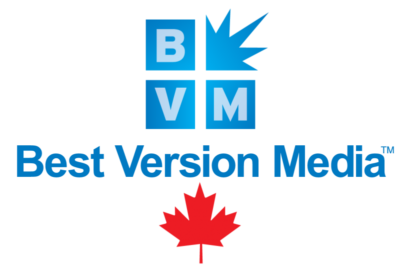Just like any type of resume, an executive resume ultimately answers one question from a potential employer: what’s in it for me if I hire you? This is even more true for exec-level resumes, which will most likely be read by the company’s CEO, CFO, and important board members. They will all be asking you tough questions about what you do as a leader of the company.
If you are in the position to apply for an executive position, it is a smart idea to hire a resume writing specialist to help you out. But if you choose not to do that, you should at least read about what the top executive resume writers have in common. Becoming a great resume writing takes some work, and here’s how you can start on the road to becoming a top executive resume writer.
Focus on what the reader wants to hear
Obviously you need to provide only honest information within your resume, but that does not mean you shouldn’t write what the readers are interested in. Remember not only who your audience is, but also the specific job title you’re hoping for. Some resume writers feel that an objective statement at the very start is necessary, but this is not always the case.
An objective will provide the reader with an idea about your career goals and aspirations, but, in all honesty, that person does not typically care about what you want. Hiring you is about what they want, and what is in it for them. So here’s what you can do instead; replace the objective with a summary stating what value you could add to the company if you were hired.
Provide cold hard facts
A resume is all about showing off your goods. With an entry-level resume or even a professional one, you can get away with being vague about your value at times. This is not the case AT ALL with an executive resume. You need to present only the FACTS, and that means even incorporating statistics proving your value.
You can do this by providing numbers and percentages on how you increased profits and revenue at your last position. It is enough just to write about your successes, you need to prove them. Don’t just say you were able to “increase sales within one quarter” but say by exactly how much.
Remember that context is everything
Every time you describe an attribute or achievement (remember, with an actual statistic as proof), be sure to provide context. Don’t just describe your job responsibilities, but offer context for these responsibilities. For instance, if you say you increased sales by 10% within your first year, that is great. But what is even better is to say “reversed a major sales-decline and boosted sales 10% in one year.”
Be as clear and concise as possible
So we’ve talked a lot about providing specific details, but you also need to be as clear and concise as possible. Don’t include information that is not absolutely essential, because chances are it adds no value to your executive resume.













